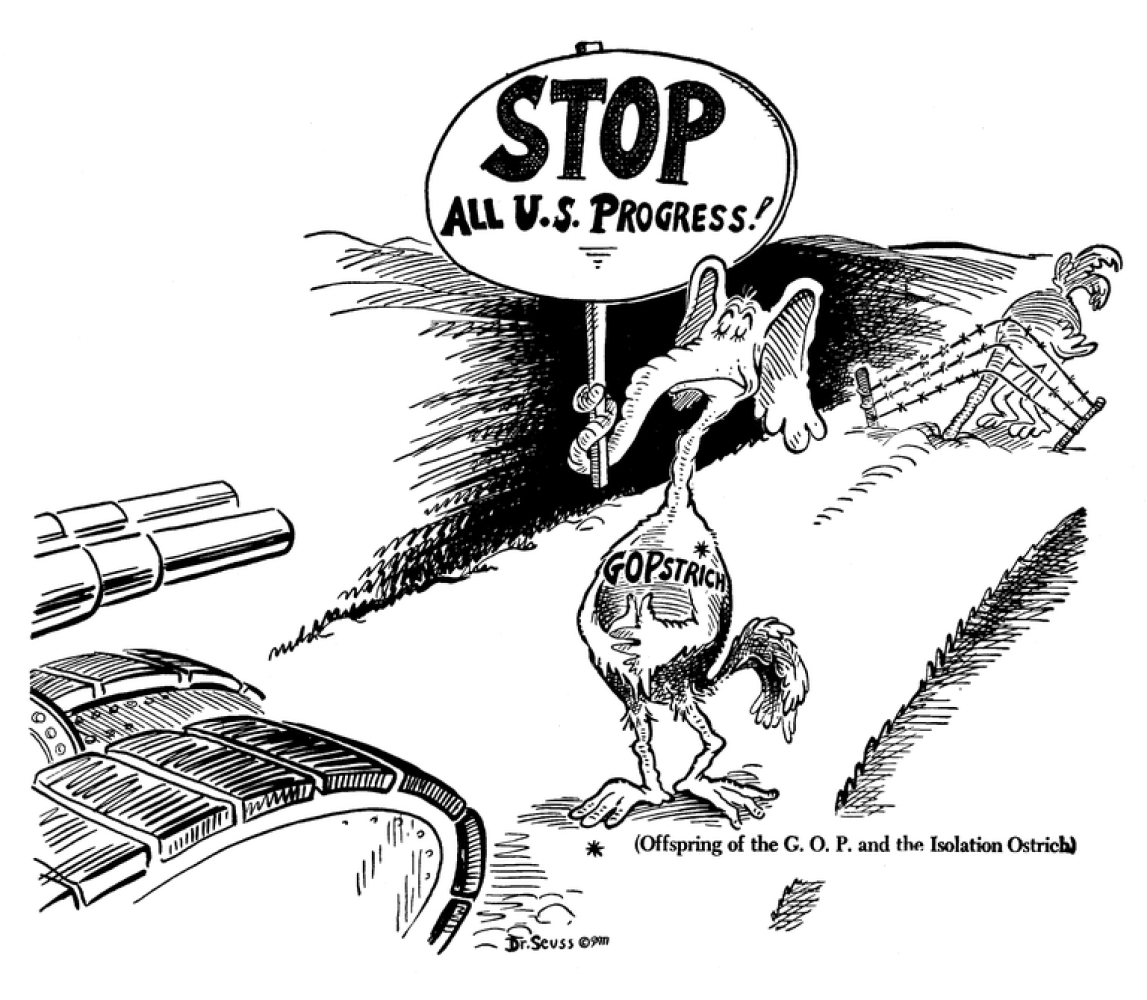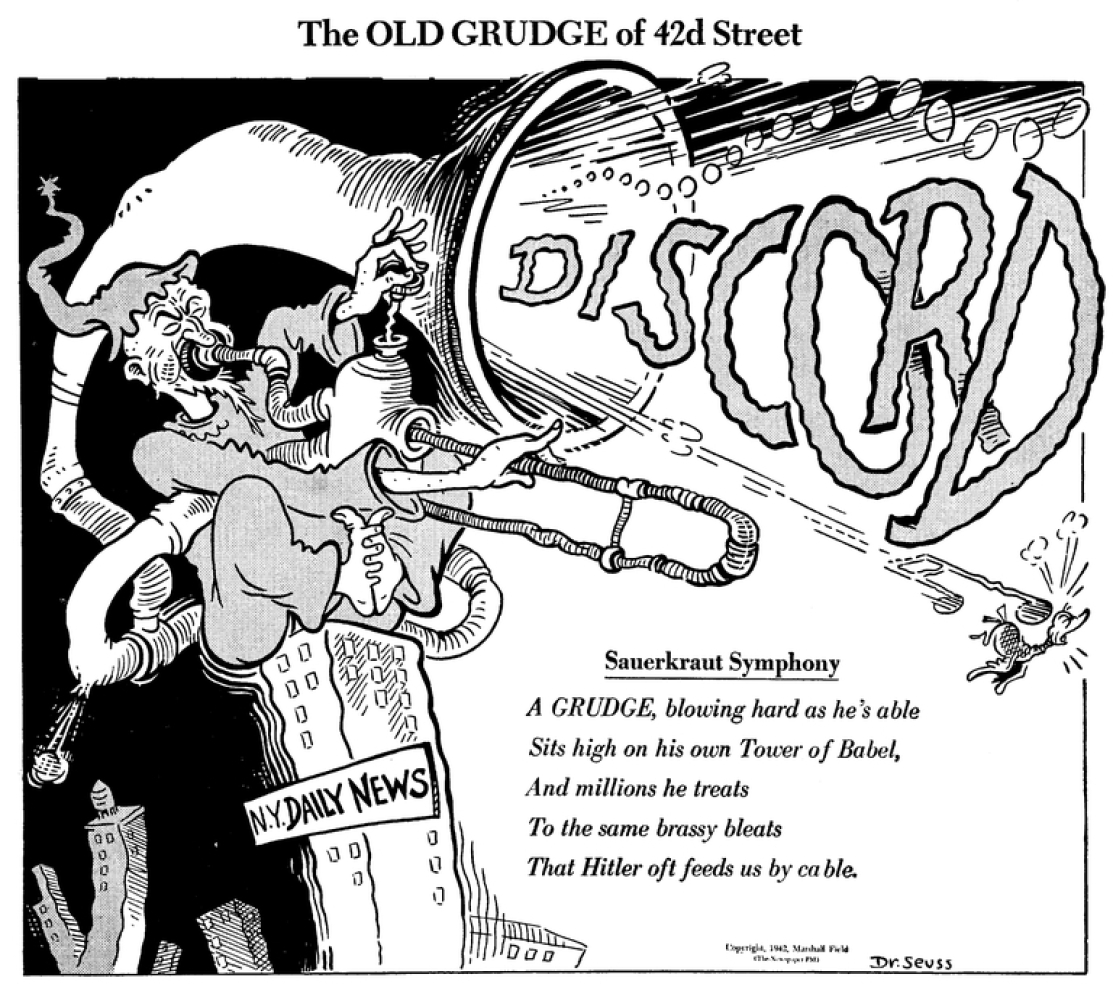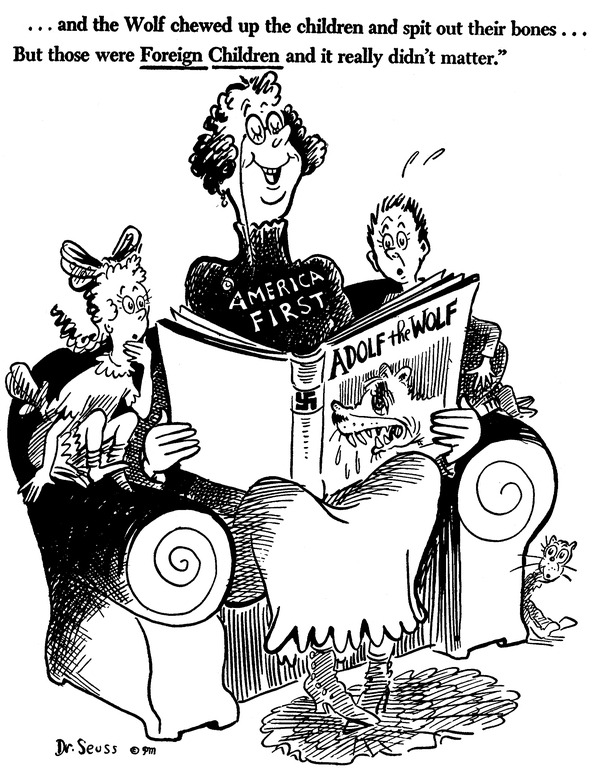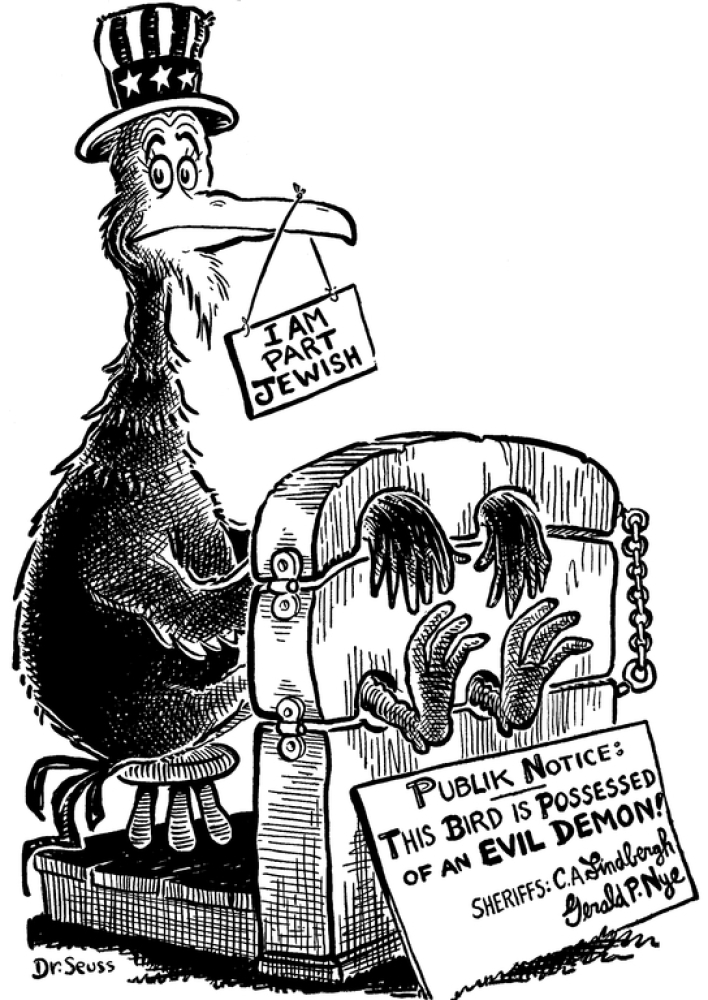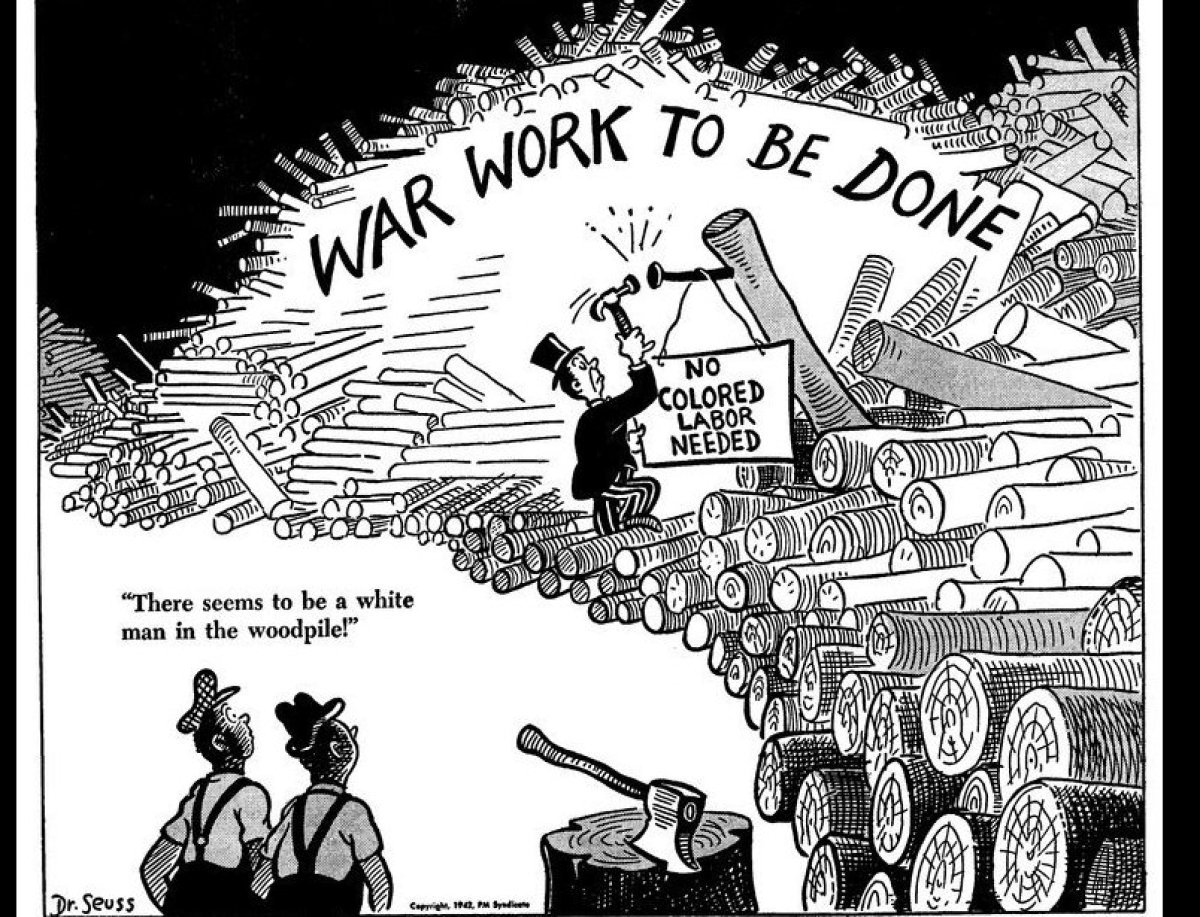MSNBC host Joe Scarborough said Thursday that a public editor at the New York Times considers liberal columnist Paul Krugman's work to be an ongoing "nightmare."Assuming that Scarborough is on the level (and putting aside Ferguson's self-awareness issues), this would seem to echo the New York Times' reaction to Nate Silver. In both cases, the supposedly liberal staff seemed to take an instant dislike to highly respected liberal writer/researchers who appear to have brought in a large number of traditional and digital subscribers. What's going on?
During a segment on "Morning Joe," conservative historian Niall Ferguson joined Scarborough to pile on Krugman. Ferguson said that Krugman lacks "humility, honesty and civility."
"And there's no accountability," Ferguson said. "No one seems to edit that blog at the New York Times. And it's time that somebody called him out. People are afraid of him. I'm not."
Scarborough then recalled a conversation he had with a Times editor following his televised debate with Krugman earlier this year.
"I actually won't tell you which public editor it was but one of the public editors of the New York Times told me off the record after my debate that their biggest nightmare was his column every week," Scarborough said.
As regulars have probably guessed, I see this as another result of an increasingly dysfunctional culture of journalism, specifically the way that journalists react to having someone on the inside who ignores the implicit code of conduct.
This is not a left/right matter -- it cuts across pretty much all of the media establishment -- but conservatives have tended to make better tactical use of the rules we're talking about, for instance, using pox-on-both-their-houses conventions to provide cover for unpopular positions. As a result, there are more obvious targets on the right but that's a fairly trivial factor.
Silver and Krugman prompted such a strong reaction not because they were too liberal (despite seeing the world through an overwhelmingly upper class perspective, the NYT cannot be considered a right-wing paper); but because they were insiders who refused to follow the rules of the culture, and who therefore threatened that culture.
Over the past two decades, journalists have fashioned a remarkably self-serving code of conduct: de- emphasizing factual accuracy; embracing a lazy herd mentality with talk of narratives and memes; avoiding tough confrontations through false equivalencies; and passing the buck on keeping their audience informed.
When Nate Silver pointed out both that the data didn't support many of the popular narratives and that the journalists pushing those narratives were contributing nothing, he threatened reputations, business models and the underlying culture of the institutions. The fact that he was right was beside the point; he was ignoring the conventions of the journalistic establishment and there is no greater bastion of that establishment than the New York Times. By the same token, when Krugman points out that "centrist" pundits have a huge personal and professional interest in pushing the "Paul Ryan, serious policy guy" narrative, he was expressing a fact that was widely known but which was not supposed to be said aloud.
The paper has never been exactly friendly to blunt, independent writers with satirical tendencies as Molly Ivins discovered way back in the Seventies, but things have only gotten worse since then. Almost everybody lives in glass houses now and Paul Krugman does not look like someone you'd trust with a rock in that situation.

